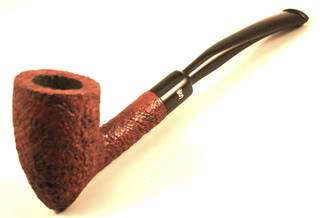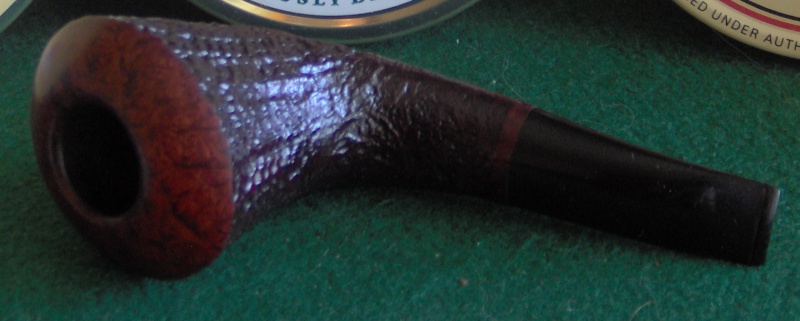Well, I'm now preparing a bowl of Astley's 109 in a 1965 Dunhill 6 LB which I shall fire up shortly.
From todays The Writers Almanac:
It's the birthday of the man who said, "All that is gold does not glitter; not all those that wander are lost," the man called "the father of modern fantasy," the writer John Ronald Reuel Tolkien, J.R.R. Tolkien, born in Bloemfontein, South Africa (1892).
His mother taught him Latin and Greek, and then one day he saw Welsh names on the side of railway cars, and he thought it was the most beautiful language in the world. He wanted to learn Welsh and any languages like it. He created simple languages of his own, like Animalic, which came from animal names, and Naffarin, which took elements from Spanish.
Tolkien went on to Oxford, and he studied philology, the study of the origin of languages. He became fluent in many ancient European languages, including Classical Greek, Old Norse, Old English, medieval Welsh and Anglo-Saxon, and an ancient form of German called Gothic.
He became a teacher at Oxford, and he invented his most ambitious language yet, composed entirely of his own alphabet, sounds, and structure. And that was the language High Elvish, spoken by elves. He spent 12 years writing a book that incorporated that language. He said he wrote this new book "to provide a world for the language." He said, "I should have preferred to write the entire book in Elvish." But it was in English, and it was The Lord of the Rings. Tolkien intended it to be one book in three parts, but it was published in three volumes — The Fellowship of the Ring (1954), The Two Towers (1954), and The Return of the King (1955).
J.R.R. Tolkien wrote, "I wish life was not so short. Languages take such a time, and so do all the things one wants to know about."










![[3-Size Set] Copper Pipe Cleaner for Drill, Clean 1/2, 3/4, 1-in Copper Pipes & Tubes for Soldering, 3 Tube Cleaning Brushes, Model InerLok050, 075, 100, w/ Stainless-Steel Wire Bristles & 1/4” Shank](https://m.media-amazon.com/images/I/41QVxunlqML._SL500_.jpg)














